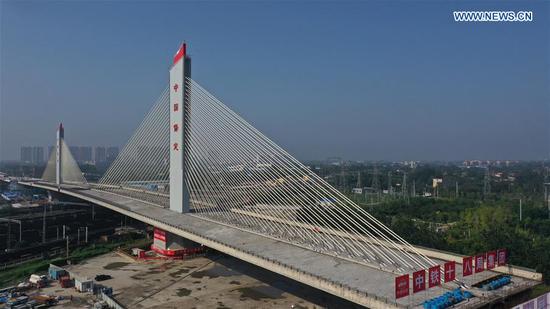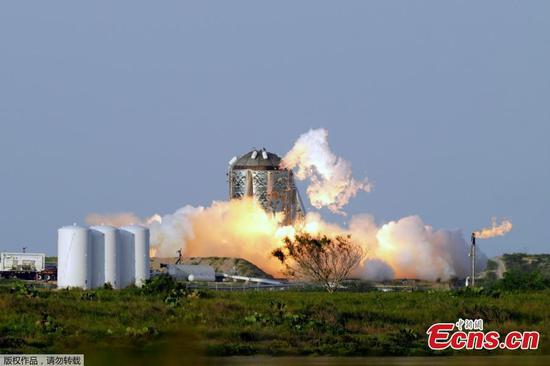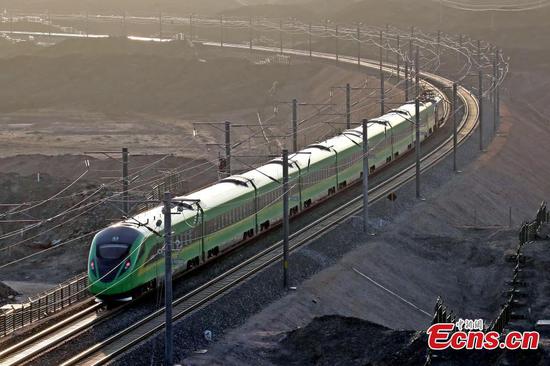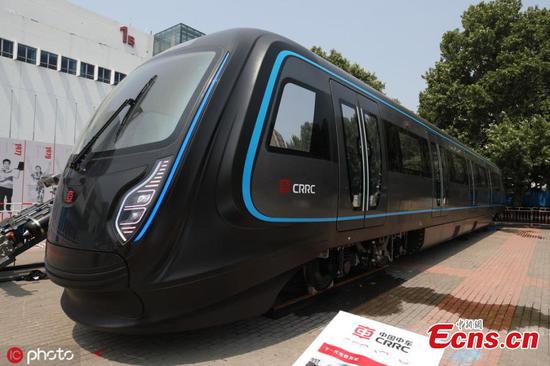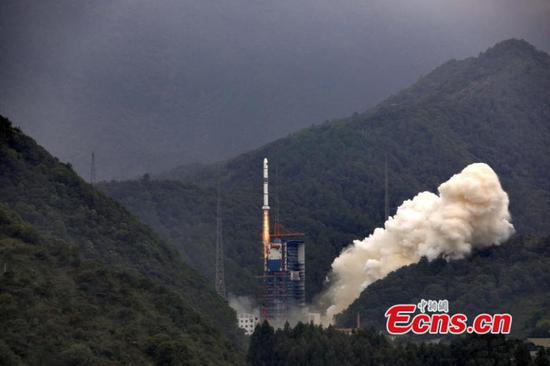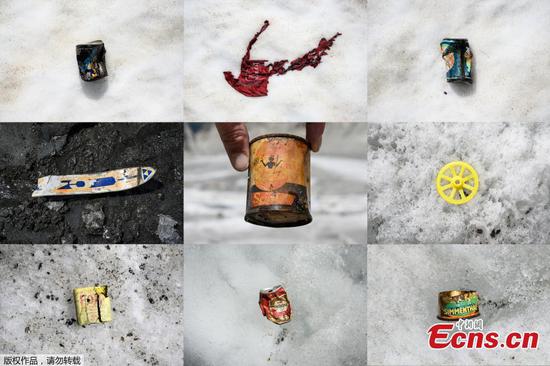The truce between the US and China in imposing new tariffs hasn't reversed the recreational vehicle industry's declining sales, and the slide is likely to continue, analysts said.
Falling RV sales are a proxy for the health of the US economy and underscore the need for the Federal Reserve to cut interest rates to keep the expansion alive, a professor of economics believes.
"Right now, we're halfway through the second year of declining RV sales," Michael Hicks professor of economics at Ball State University in Muncie, Indiana, told China Daily. "There's no realistic chance of things turning around in the second half of 2019. The RV industry can be a bellwether of recession."
RV purchases are discretionary and provide a rough gauge of consumer sentiment. Consumer spending represents about 68 percent of the US economy, including housing, healthcare and food.
Economic growth dipped to 2.1 percent in the second quarter after growing at a 3.1 percent annual rate in the first — a decline of 32.26 percent, the US Bureau of Economic Analysis reported. In part, many blame the slowdown on the ongoing US-China trade imbroglio.
In its fiscal third quarter, Winnebago's revenue declined to $528.9 million, a decrease of 5.9 percent from the same period a year ago. But profit grew 1.3 percent to $85.5 million. That represents cost-containment practices and selling a greater number of towed trailers. Trailers typically sell for $7,500 to $20,000 each, while top-of-the line motor homes with kitchens, baths and sleeping space for as many as 12, exceed $200,000.
Hicks said many RV builders in Indiana, where about 85 percent of motor homes and trailers are assembled, have cut production as sales slow. That jolts the local economy because until recently employees have been able to work as many hours as they choose.
The industry also is roiled by world events as builders scramble to find suppliers in Vietnam, Japan and South Korea, which can deliver parts not affected by tariffs.
"I think the Fed will cut rates as an inoculation against future problems," Hicks said. "Inflation is low, and the labor market is strong. By not reducing rates, the US will be an outlier, and that will make exports more expensive."
With the exception of the bursting of the housing bubble in 2005, and the collapse of some financial institutions such as Lehman Brothers in 2008, recessions have been moderating for the last 40 years. If a recession hits, it's likely to be moderate and short, Hicks said.
The US economy totaled about $20.41 trillion in 2018. That means a decline in consumer spending won't be an apocalyptic event — except to those who personally experience cutbacks.
Slowing consumer sales aren't the only warning sign of possible economic trouble ahead in the US.
In 2015 and 2016, foreign direct investment in the US totaled $482 billion and $486 billion, respectively, the US Commerce Department reported. But trade disputes in 2017 cut FDI by about 40 percent to $292 billion and another 8.2 percent to $268 billion in 2018.
First-quarter 2019 FDI dropped another 5 percent from the previous quarter. The United Nations Conference on Trade and Development said the US share of global FDI declined for the first time since 2008, to 23 percent from 25 percent. The decline in foreign investment means the US is exporting jobs, analysts said.
The US automotive, technology and agricultural sectors are perhaps the hardest hit by the US-China trade dispute.
Last year, China raised tariffs on US-built cars entering the country to 40 percent from 15 percent. Higher costs due to tariffs quickly mean fewer sales and lower profits. Many parts used in US-assembled cars for the mass market are imported from China.
Semiconductor makers such as Nvidia, Micron Technology and Intel have been pounded. Tech companies earning significant income from China include Skyworks Solutions, Qualcomm, Broadcom, Texas Instruments and Marvell Technology.
"Semiconductor suppliers have relatively high 'ship-to' revenue exposure to China," Needham semiconductor analyst Quinn Bolton said in a research note.
"The high exposure to China puts the semiconductor sector at greater risk to the escalation in the US-China trade war than many other segments of technology."











